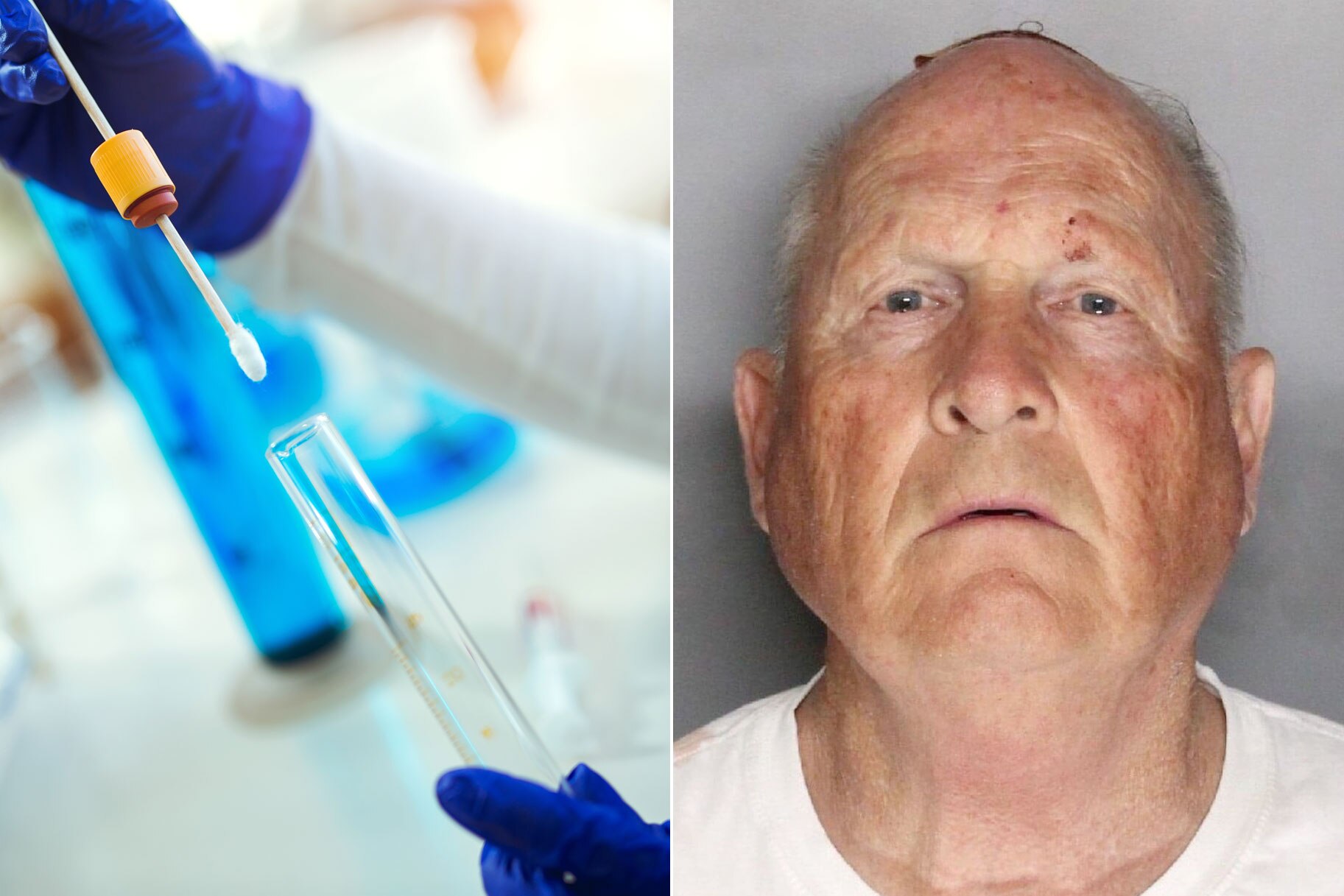Create a free profile to get unlimited access to exclusive videos, breaking news, sweepstakes, and more!
DNA Database Hoping To Catch Criminals Wants To 'Help Bring Closure To Families and Victims'
Genetic genealogy sites have previously helped police arrest suspects in decades-old murder and rape cases, including the Golden State Killer case.

A private genetic testing company who agreed earlier this year to work with the FBI in an effort to solve crimes like murders has put out a new ad asking people to help it hunt down criminals.
The direct-to-consumer DNA testing company FamilyTreeDNA announced in a press release in January that “after receiving inquiries from the FBI,” it decided that it could “in good conscience and without violating consumers' trust” help the FBI identify the remains of deceased persons or perpetrators of violent crimes. Previously, only GEDMatch allowed for law enforcement usage.
Now, FamilyTreeDNA is highlighting that mission more clearly than ever.
“Join the Family Tree DNA database by uploading your genetic file for free and help bring closure to families and victims,” FamilyTreeDNA now states on its site.
Then, below that statement, a new ad features Edward Smart, father of kidnapping victim Elizabeth Smart.
“If you are one of the millions of people who have taken a DNA test, your help can provide the missing link,” he says.
FamilyTreeDNA promises to use genetic genealogy to help identify John and Jane Does in addition to perpetrators of homicide or sexual assault. Genetic genealogy helped police arrest a suspect in the decades-old Golden State Killer cold case last year, and ever since it’s been leading to arrests in other unsolved murders, low and high profile alike.
However, it’s become a controversial practice, as many have concerns about privacy when it comes to uploading one's DNA.
“Opinions will be divided but this will lead to more victims getting justice, more victim's families getting answers, and getting predators off the street before they rape and/or kill again - this will save lives,” Investigator and DNA expert Paul Holes tweeted earlier this year in response to the news that FamilyTreeDNA agreed to help the FBI.
FamilyTreeDNA clarified that law enforcement is not given full access to its database.
“When law enforcement or a third party working with law enforcement submits a genetic file for upload, they are searching for familial matches and will only have access to the exact same information that any other customer viewing matches has and nothing more,” the company states.
Dr. Ellen McRae Greytak, director of bioinformatics at Parabon NanoLabs, a genetic profiling site that has worked with police before to run matches through GedMatch, told Oxygen.com earlier this year that they only get contacted by a law enforcement agency for certain cases — namely, a case where law enforcement has DNA and it has not gotten any matches in the local or in the national DNA database, so it wasn't a known offender or any suspects being checked.
FamilyTreeDna only allows law enforcement to use its data to identify unidentified remains, and those remains do not have to be those of someone who was the victim of a crime. When it comes to suspects, the data can only be used if the crime is specifically homicide or sexual assault.
























